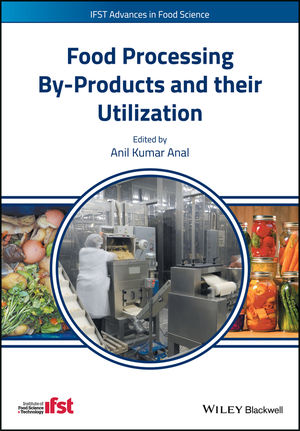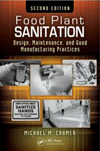Tech | Protein Problem Solver
Leverage packaging to help reduce food waste, promote sustainability

A recent survey conducted by Accenture found that 83 percent of respondents believe it’s important or extremely important for companies to design products that are meant to be reused or recycled. One solution for products packed in rigid films is to transition to flexible packaging. But how can processors satisfy consumer demand for sustainability while combating two major industry challenges: food and material waste?
Tackling food waste
Flexible pouches, especially those equipped with reclosable features, are poised to tackle the challenges of food waste. The Flexible Packaging Association’s (FPA) 2018 Sustainability Report found flexible packaging extended the life of ground beef from three days to 20 and whole chicken from seven to 20 days. Closures add even more value with packages that hold multiple servings, such as chicken breasts or deli meats, as they allow consumers to fully reclose the package after each use to reduce spoilage.
Operational benefits of flexible packaging
The meatpacking industry can also reap the eco-friendly benefits of flexible packaging as managers look to optimize processes, reduce waste and address their carbon footprint. The FPA found flexible packaging uses fewer fossil fuels and reduces greenhouse gas emissions during production. Additionally, meat-packing facilities have found flexible packaging offers opportunities for reducing materials going to landfills.
For example, Bar-S and Fiorucci cooked meats, both Sigma brands, use thermoforming films along with specialty zippers that are delivered on plastic spools from the Fresh-Lock closures brand. To help reduce the number of spools being sent to landfills, Bar-S joined the Fresh-Lock Green Spool Program, which provides options for zipper spool reusability or recyclability. Spools can be returned, washed and reused. If spools can’t be reused, they can be disassembled and returned to the Fresh-Lock plant where they are recycled into new, single-use spools.
“At Bar-S and Fiorucci, we are always on the lookout for opportunities to improve our operation and advance our green initiatives, whether those opportunities are internal or with our partners,” says Jade Chauncey, packaging manager at Sigma. “Since 2015, we have returned 3,000-4,000 spools a year through the Fresh-Lock Green Spool Program, which means we’ve saved over 20,000 spools from landfills.”
Fully-recyclable on the horizon
Recent advancements in mono-material structures have led to the emergence of fully recyclable pouches in other food-based industries, such as the Bear Naked granola pouch from Kellogg Company. While these innovations may not yet be viable within the meatpacking industry, they are on the horizon. Until both the material and infrastructure are in place within the meat industry, reducing materials used and creating reusable packaging is an ideal option. The Accenture survey shows that more than half of consumers are willing to pay more for products that are reusable or recyclable. Brands that communicate their efforts can be leaders of this movement. NP
Looking for a reprint of this article?
From high-res PDFs to custom plaques, order your copy today!









